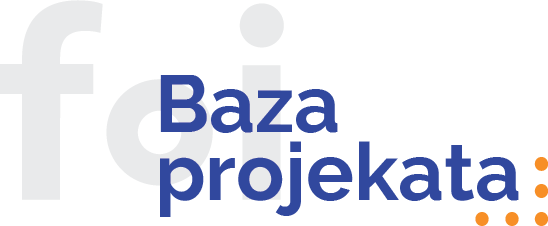
Market Basket Virtual Student Collaboration Model
| Status | Finished |
|---|---|
| Acronym | Market Basket |
| Summary |
The need for Information about cross-cultural topics and market information among small and medium sized enterprises (SMEs) induced us to include SMEs as important stakeholders. Chambers of commerce, our SME business networks and our sixth partner In the consortium, Technology Park Varazdin, will provide real-life assignments from the SMEs or start-up companies for the student teams to work on. This will add the entrepreneurial element to the students' assignments. These virtual student teams from different countries and from different disciplines and courses will work together on the specific project assignment e.g. an international advertising campaign, an innovative product launch or market research. Students (nor lecturers) will ever meet in person, but use skype, email, social media, the networks's online platform and other sharing methods. The methodology used in carrying out this two year strategic partnership project is as follows: The first phase will be the development of an implementation pack with training materials and necessary resources and an Online Platform as an Open Educational Resource. The second phase will be the testing, evaluation and adjusting of the implementation pack and platform through concrete pilots. During the testing phase the MAR 2.0 will be open to students from various Bachelor programmes of the participating HEIs, e.g. Marketing, Project Management, IT, Multi-media , Communication Management and many other programmes. Partners outside the consortium can join the pilots which will stimulate further dissemination. Other dissemination activities during the project will be training sessions for teaching staff, multiplier events for non participants, presentations at international conferences and publications in educational magazines. The final result of the MAB 2.0 project will be a well-documented and tested educational model whereby students collaborate in virtual, international, multi-disciplinary teams on research projects commissioned by actual SMEs. The impact and long term benefits of the final MAB 2.0 model are many fold. As a plug-in model it will be possible to implement virtual collaboration within HEIs without radically changing the curriculum. As a well-documented and tested model it will be easier for lecturers to gain support from the institute's IT services and quality assessment departments. Moreover, the model will foster cooperation and bridge the worlds of education and work by working with real assignments of SMEs via the business networks. |
| Line of financing |
Erasmus+ |
| Duration | 01.09.2014. - 28.02.2017. |
| Budget amount | 152.902,00 EUR |
| Lead | Hogeschool van Amsterdam, School of Economics and Management |
| Partners |
|
| Web page | http://www.beezr.eu |
